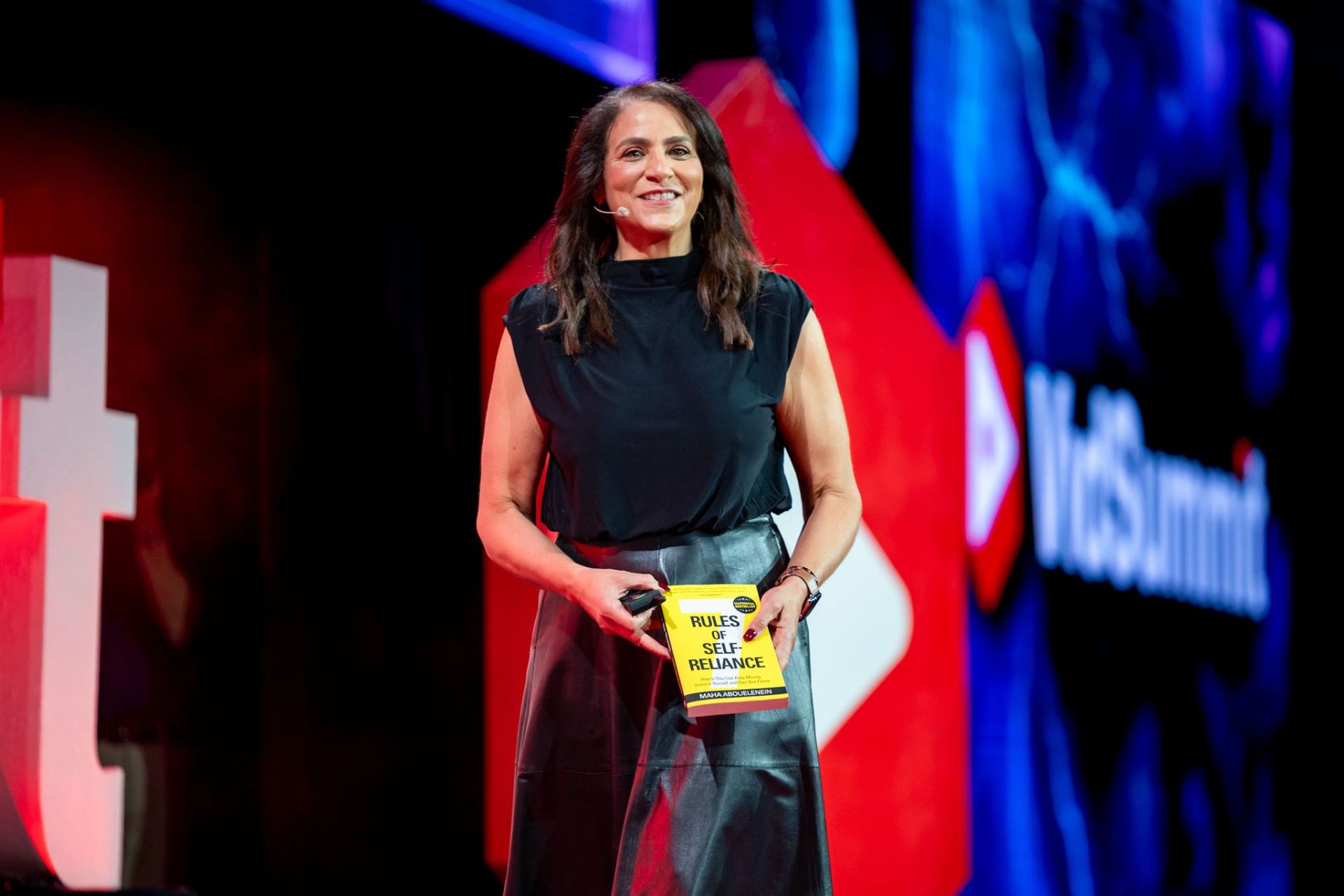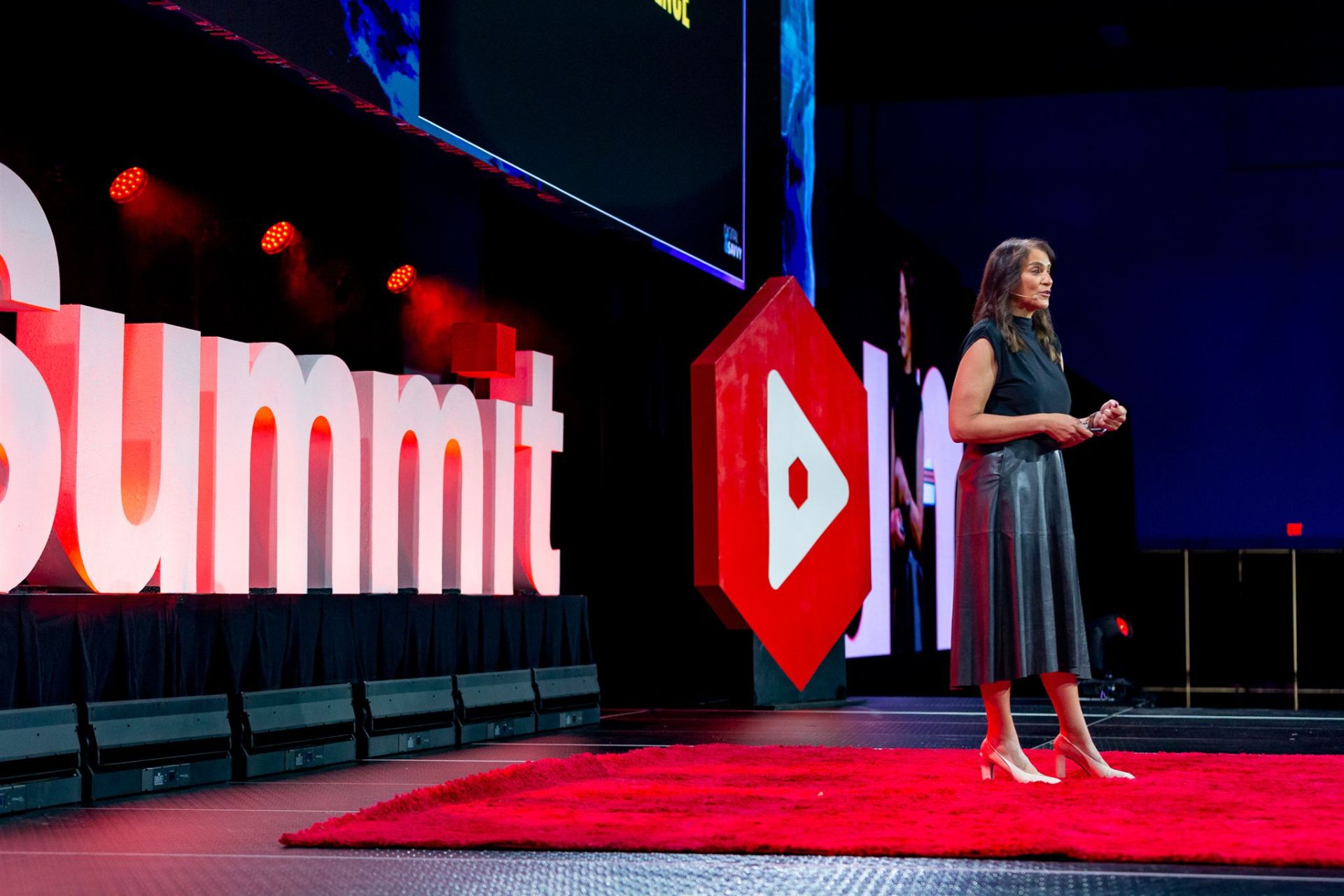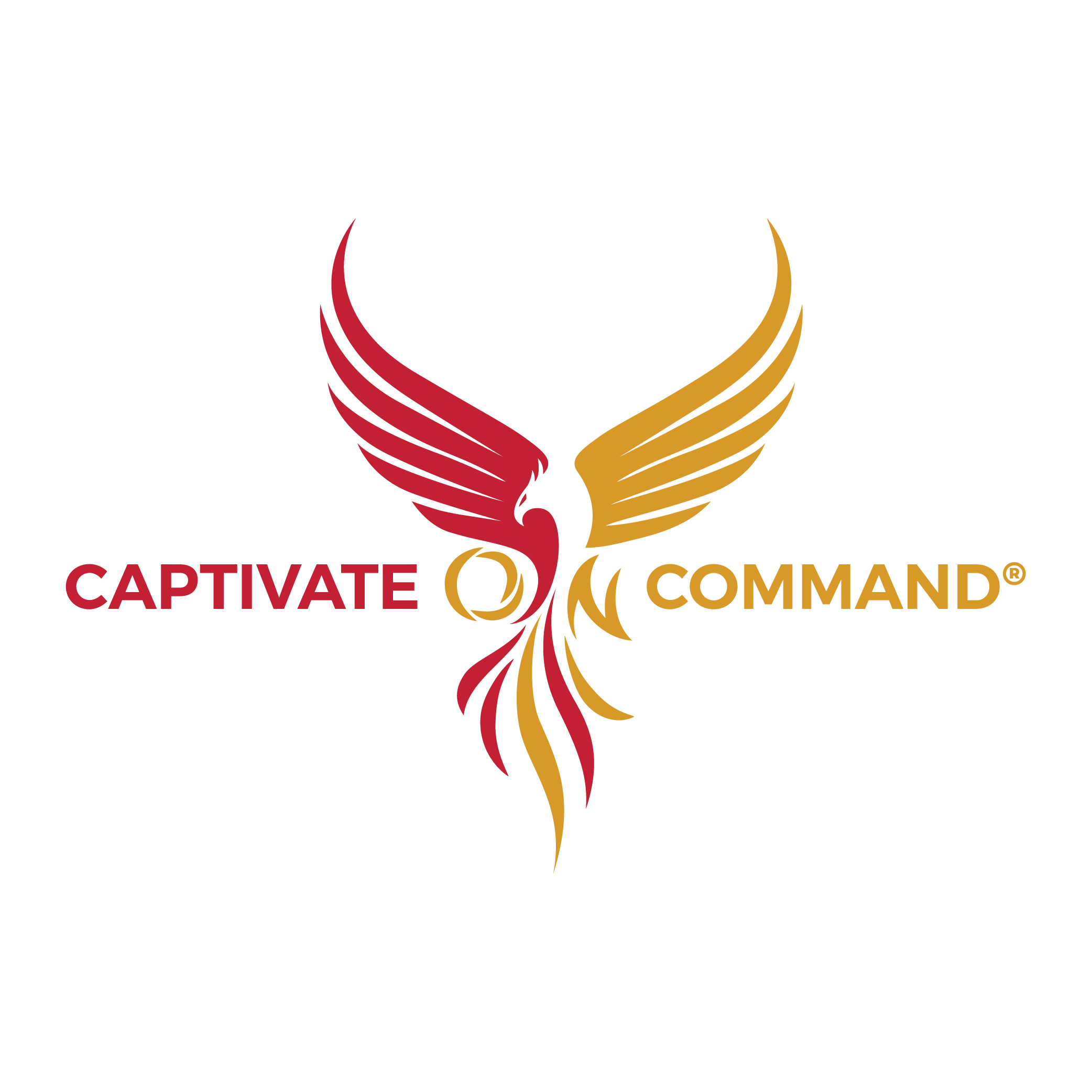
At VidSummit, communications powerhouse Maha Abouelenein shared a masterclass on one of today’s most misunderstood topics: personal branding. But her perspective flipped the script entirely.
“Forget the phrase personal brand,” she told the audience. “Replace it with reputation. Because that’s what really matters.”
For over two decades, Maha has built reputations for some of the most recognized names on the planet—from Google and Netflix to Gary Vaynerchuk and the Ruler of Dubai. As the founder of Digital & Savvy, a global communications agency, she helps people and brands tell stories that inspire action and build trust.
Her VidSummit presentation wasn’t about filters, followers, or fancy logos. It was about something deeper—how your reputation becomes your most valuable currency in a trust-driven world, and how to turn that reputation into lasting influence and income.
Maha began by sharing her own story — one rooted in humility, risk, and reinvention.
Born and raised in Minnesota to Egyptian parents, she made a bold decision at 27: to move to Egypt, a country she barely knew, without speaking the language or having a single contact.
“I couldn’t find a job,” she admitted. “I was offered a secretary position for a billionaire, and I didn’t want to take it because I thought I was overqualified. But my dad told me, ‘Take it — you’ll learn something.’ And he was right. That job changed my life.”
It was in that role that she discovered the foundation of her future success: relationships, humility, and adding value. From there, she climbed to global leadership roles in PR and communications, helping world-class brands expand across the Middle East.
Her biggest career takeaway?
Reputation opens doors long before résumés do.
The internet is overflowing with advice on “building a personal brand,” but Maha argues that most people get it wrong.
“Everyone’s focused on being influencers,” she said. “They think personal branding means self-promotion. It’s not about self-promotion; it’s about idea promotion.”
Instead of centering your brand around yourself, Maha encourages creators and professionals to focus outward on the audience.
“What value are you bringing? What does your audience need from you? If you make your brand all about you, you’re already making your first mistake.”
She challenged attendees to stop chasing virality and start cultivating reputation—the sum of how people experience you, talk about you, and trust you.
“Your reputation is what opens doors. It’s what gets you that call back, that referral, that opportunity. Everyone in this room should be obsessed with it.”

We now live in what Maha calls a “trust economy.” In a noisy world where attention is fleeting and skepticism is high, trust has become the ultimate differentiator.
“It doesn’t matter how many followers you have if people don’t trust you,” she said. “Trust takes time — it’s built through consistency, reliability, and delivering on your promises.”
She compared trust-building to gardening: some things grow quickly, others take months, but everything requires patience and care. The same applies to relationships and reputation — you can’t rush authenticity.
As artificial intelligence and synthetic content continue to flood social media, Maha warned that trust will become even more valuable. “People are questioning what’s real. They’ll wonder, ‘Did that person really write that post? Or was it AI?’ That’s why you have to work even harder to be authentic and consistent. Your credibility is your differentiator.”
Attention, Maha reminded the audience, isn’t enough. It has to convert into trust-based influence.
“People follow people, not companies,” she said. “You don’t buy from a logo — you buy from someone you trust.”
This human connection gives individuals a level of leverage once reserved for corporations or media institutions. Thanks to social media and the accessibility of storytelling tools, “the power has shifted from institutions to individuals.”
For creators and entrepreneurs, this means opportunity — but also responsibility. “Your reputation will travel faster than your résumé ever could. That’s why you have to protect it, nurture it, and treat it like your most valuable asset.”
Maha distilled her message into three powerful rules that anyone — whether a YouTuber, founder, or employee — can use to build an authentic, profitable brand.
The most effective way to build trust and influence is to bring value to others.
“When you meet someone, ask: How can I help?” Maha said. “That question changed my life.”
She illustrated this with two real-world examples:
- Matt Higgins, Shark Tank investor and Miami Dolphins co-owner, once asked Maha to introduce him to contacts in the Middle East. She spent weeks organizing cultural exchanges, dinners, and introductions — for free. The result? She’s now on the boards of two of his companies.
- Halle Berry needed a speaking opportunity at a wellness conference in Sweden. Maha connected her with the organizer, moderated her panel, and built a lasting relationship — without any financial gain upfront.
“The point,” she said, “is that when you add value first, you build trust. Those deposits in someone’s trust bank compound over time.”
Maha reframed networking as something more meaningful — relationship building.
“Networking isn’t about coffee chats or business cards,” she said. “It’s about making genuine connections and consistently showing up for people.”
She recommends spending just 15 minutes a day engaging online — liking and commenting on LinkedIn posts, celebrating other people’s wins, and sending quick notes of encouragement. “That’s networking too,” she said.
Her personal method: each year, she identifies five people or companies she wants to build relationships with and focuses her efforts there. “Be intentional. You don’t need to know everyone — just the right ones.”
“Your name is your most valuable asset,” Maha said. “It’s the only thing you truly own.”
She encouraged attendees to audit their online presence. “When someone Googles you, what do they find? Do you control that story? Your LinkedIn page isn’t just for job hunting — it’s for doing business.”
Being visible, she reminded the audience, is not optional:
“Silence doesn’t scale. If you’re not visible, you’re invisible.”
Consistency, authenticity, and purpose are the three pillars of a strong reputation.
-
Authenticity: Be yourself. Share the wins, losses, and behind-the-scenes moments.
Consistency: Show up regularly — people can’t trust what they can’t see.
-
Purpose: Know your “why.” Everyone has something they’re great at; align your content and connections around it.
Attention spans are shorter than ever, but Maha reminded the audience that great storytelling still cuts through the noise.
“Make your content snackable and shareable,” she said. “It should be easy to understand and easy to share. People don’t just engage with what they like — they share what they feel.”
Emotional storytelling is what creates connection and memorability. Whether you’re teaching, entertaining, or inspiring, your story should provoke thought or emotion. “Say something that makes people pause and go, ‘Huh, I never thought of it that way.’ That’s when you know you’ve hit something real.”
Once trust and value are established, Maha outlined four practical models to scale and monetize your influence:
Education:
Turn your expertise into courses, workshops, or self-paced programs. Platforms like Kajabi, Stand Store, or even YouTube make it easier than ever to share what you know. “Teaching people what you know is one of the most scalable ways to monetize your brand,” she said.
Brand Partnerships:
Collaborate with companies through sponsorships or affiliate marketing. “You don’t need millions of followers — you just need an engaged audience that brands want to reach.”
Products:
Create digital or physical products that simplify or inspire. A simple PDF, ebook, or guide can generate thousands in sales if it solves a clear problem. “The most successful businesses take what they know and say it 100 different ways.”
Consulting and Speaking:
Package your expertise into services, strategy sessions, or workshops. Maha emphasized this model for professionals who want to monetize their time and knowledge directly.
No matter which path you choose, she said, the foundation remains the same: trust, value, and reputation.
In closing, Maha reminded the audience that monetization is a byproduct of trust — not the other way around.
“Your brand isn’t your logo or your follower count,” she said. “It’s your reputation, your story, and your impact.”
She urged creators and entrepreneurs to think long-term: build a reputation that compounds, relationships that last, and a body of work that speaks for itself.
“You are the secret sauce. Your name is your currency—invest in it wisely.”



